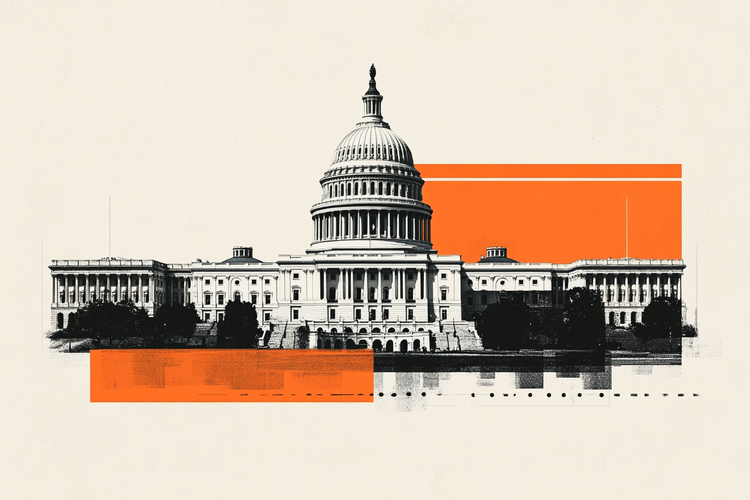Donald Trump’s government resorted to the US Supreme Court on Thursday to be allowed the president to advance with plans to end citizenship by birth right. Previously, lower courts rejected the measure.
In cases, the Trump administration argued that the lower courts went too far by giving national injunctions by blocking this policy. Thus, the government asked judges to limit the impact of these decisions.
In January, a federal judge described the executive order as “blatantly unconstitutional” and blocked its implementation. Days later, a Maryland state judge said Trump’s plan “contradicts the history of 250 years of citizenship by birth of our nation.”
Appeal courts rejected the Trump government’s request to suspend decisions of the lower courts.
For over 150 years, the cuts understood that the text of the 14th Amendment of the US Constitution guarantees citizenship to anyone “born or naturalized in the United States”, regardless of their parents’ immigration status.
A historical precedent of the US Supreme Court of 1898 stated this reading of the law, and the court has not signaled any desire to revisit this decision.
However, some conservatives argue that these old understandings are wrong because the 14th amendment includes a sentence that the benefit applies only to people who are “subject to jurisdiction” of the United States.
Thus, theoretically, immigrants in the country are irregularly subject to the jurisdiction of their homeland.
The courts in Maryland, Massachusetts and Washington issued injunctions by blocking implementation at the request of more than 20 states, two immigrant rights groups and seven individual plaintiffs.
Trump’s processes in the Supreme Court do not directly address the constitutionality of politics, but seek what the government has described as a “modest” request to limit the scope of the injunctions.
However, this is a significant request, because if the Supreme Court agree, it will allow the Trump administration to apply its executive order against people not covered by the pending dispute.
“Universal injunctions have reached epidemic proportions since the beginning of the current administration,” the Justice Department told the Supreme Court in its emergency appeals.
“These universal injunctions prohibit that an executive order of day 1 be applied anywhere in the country, as to ‘hundreds of thousands’ of unspecified individuals who’ are not before the Court or are identified by the Court,” he added.
As a support, the administration stated that the court should at least allow it to issue guidance explaining how it would implement the policy.
Although it is focused on lower court orders by blocking the executive order, the Justice Department has exposed a series of merit arguments in its appeals explaining why it considers incorrect conventional wisdom on citizenship by birth right.
“During the twentieth century,” the government told the Court, “the executive branch adopted the incorrect position that the citizenship clause extended citizenship by birth to almost all born in the United States – even children of illegal or foreigner foreigners present,” the government wrote.
“This policy of citizenship by almost universal birth right has created strong incentives for illegal immigration,” he said.
It is likely that the Supreme Court will establish a schedule that will require those who challenged the Trump government to respond quickly, potentially within several days.
This content was originally published in Trump resorts to the Supreme Court to try to end citizenship by the CNN Brazil website.
Source: CNN Brasil
Bruce Belcher is a seasoned author with over 5 years of experience in world news. He writes for online news websites and provides in-depth analysis on the world stock market. Bruce is known for his insightful perspectives and commitment to keeping the public informed.







